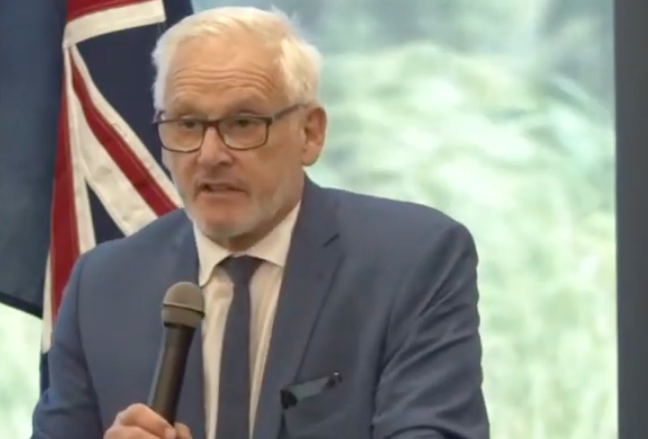Community development officers will be able to better evaluate their work and demonstrate its value to both the community and CEOs with a new set of guidelines and tools released by LG Professionals WA.

The community development evaluation framework and toolkit, Measuring Our Impact, was produced by LGPWA in collaboration with the University of WA’s Centre for Social Impact after more than two years of research and development.
Director of Place and Community at City of Mandurah and LGPWA’s Community Development Network Chair Jude Thomas says the initiative came in response to the need for community development teams to provide better upward reporting to CEOs and base funding requests on evidence-based evaluation rather than “emotional attachment” to a project.
The real risk is without empirically based outcomes (for community services) the case can be made to shift dollars to buildings and things.
City Canning CEO Arthur Kyron
Ms Thomas said a recent survey found around 90 per cent of local government community development officers felt they were doing a good job, but only 50 per cent said they evaluated their work and less than 50 per cent said they were confident in their ability to do so.
“Community development is a social science,” Ms Thomas said at the launch on Tuesday.
“I’m hoping that this toolkit not only helps us with our practice but should help you to validate the work you’re doing and help you frame the conversation with your community, your council and your CEO.”

City of Canning CEO Arthur Kyron said the framework and toolkit would give community development visibility, making it less of a soft target for economic rationalists.
“What’s been missing from community development has been an evaluation methodology,” he said.
“How do we know what has worked? It should be more than just a warm feeling.
“The real risk is without empirically based outcomes the case can be made to shift dollars to buildings and things.”
Local government minister David Templeman said the framework would help create a shared vision for community development leaders.
“It promises to add tremendously to the great work already taking place at the heart of our communities, that is being led by local governments,” he said in a statement.
The resource includes a framework for what to consider when managing an evaluation, for example of a local library program for older residents, and how to go about the process in a “real world local government context”, as well as a suite of evaluation tools, templates and resources.
It’s available for download here.





Leave a Reply